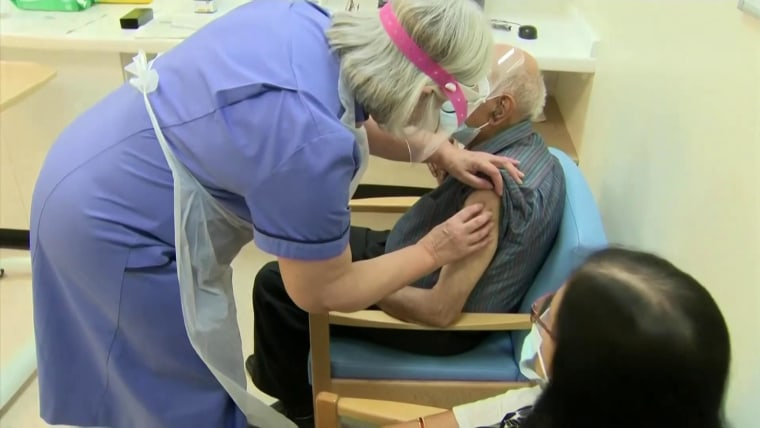Latino, Black kids are twice extra very likely to endure various Covid health, economic hardships
Latino and Black small children are two times much more likely to knowledge three or additional economic and wellness linked hardships as a final result of the Covid-19 pandemic, according to a new examination of Census Household Pulse Study data launched Wednesday.
The nonpartisan analysis firm Little one Developments analyzed Census survey responses and observed that 29 percent of Latino and 31 percent of Black homes with little ones are going through 3 or far more health and financial complications at the exact same time. These include unemployment, problem paying costs, not remaining caught up on lease or mortgage loan payments, as nicely as food insufficiency, absence of well being insurance plan, and lousy actual physical or psychological well being.
“It really is uncomplicated to glance at the hardships that we have identified and believe that this is generally going on to the dad and mom,” said Dana Thomson, a researcher at Baby Trends and co-writer of the report. “But investigate exhibits that the tension that family members and parents practical experience surely trickles down to their young children either indirectly by way of parent-boy or girl interactions or by the kinds of ordeals that they’re in a position to present, or specifically.”
“If a household is lacking lease payments and they have to go, that has a ton of impression in the stability and ecosystem of a little one as properly,” she included.
Latino and Black little ones are at the same time experiencing these hardships at twice the charge of their Asian American and white counterparts. Only 13 p.c of Asian American households and 16 per cent of white households with small children are dealing with three of morehardships.
Christina Padilla, who co-authored the new assessment, mentioned that “a lot of men and women might feel, when they initially appear at those figures, that Black and Latino families are additional probable to working experience all these pitfalls due to the fact they’re more probably to be minimal-revenue.”
But when Padilla and Thomson seemed at the developments throughout low-cash flow people only, they located that the costs of racial disparities have been continue to there, even however they ended up lesser. About 35 and 38 % of very low-money Hispanic and Black little one households, respectively, experienced 3 to four hardships, as opposed to 30 % of lower-revenue Asian American and 32 percent of white baby homes, in accordance to the examination.
“It implies to us that these inequalities are not just cash flow-based mostly, but that there are other components that are contributing to all those disparities,” mentioned Padilla.
Unemployed Latino and Black employees are much less probably than white workers to receive unemployment insurance policies positive aspects. On top of that, Black and Latino people are additional probable to have tiny to no obtain to financial institutions, burdening their access to Covid-19 reduction resources. Some immigrant and mixed immigration-position family members may possibly also face more barriers to accessing present resources and services, as very well as Covid-19 reduction.
Equally researchers found that the Covid-19 disaster has exacerbated problems of systemic racism and violence. With no more governing administration assistance, the accumulation of stressors threatens to substantially overwhelm families going through simultaneous hardships.
“As additional hardships accumulate, I think it becomes considerably harder for households to variety of locate the good or rely on their typical coping mechanisms that they have relied on in the earlier,” Thomson explained. “And then, all those hardships just turn out to be mind-boggling and can sort of cascade into multiple places of their life.”
Although the federal federal government and specific states have taken ways to mitigate the economic hardship stemming from the pandemic, Latino and Black people proceed to continue to be much less probably to have obtain to methods that could supply reduction.
“I would argue that there is certainly a want for much more built-in services,” stated Padilla. “So if a family members is encountering food stuff insecurity for case in point, they may be qualified for SNAP. But they may possibly not know that may well also be eligible for unemployment or for Medicaid—we require to make it simpler for families to implement to get these sorts of aid.”


